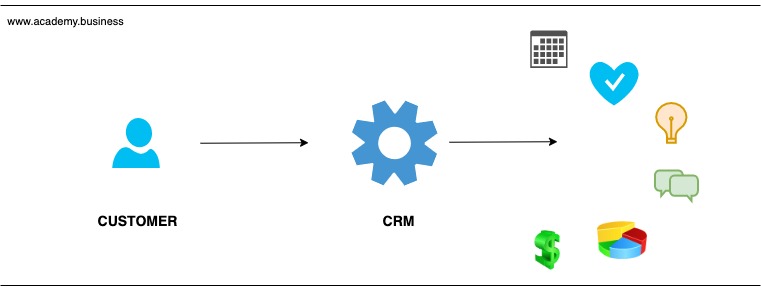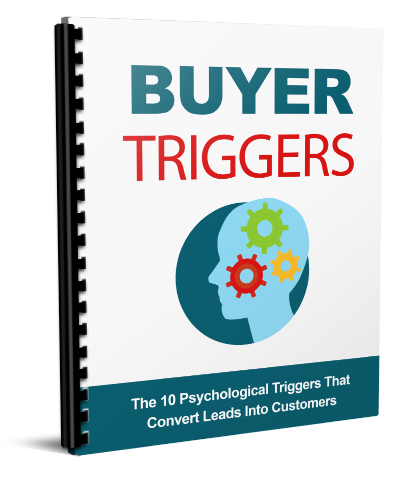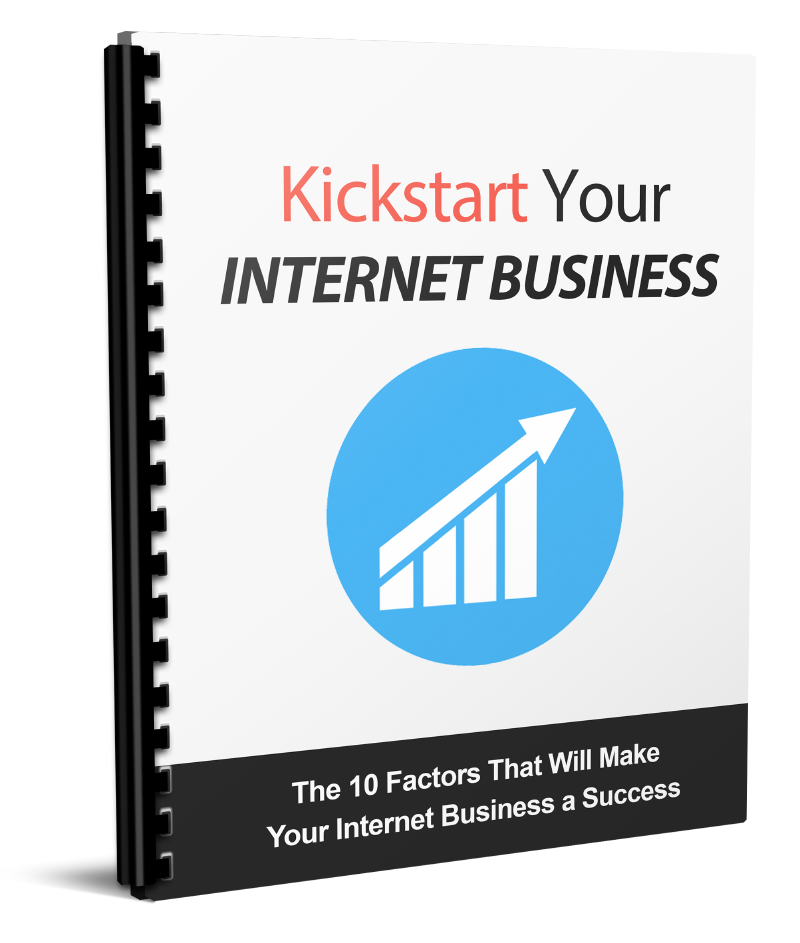Wouldn’t it be amazing if you could just tap into your customers’ brains? You’d gain understanding of how they perceive your product, your website, even your niche as a whole. Instead of asking them politely for feedback and hoping they respond, you could have a full grasp of their preferences, thoughts, hesitations, and really appreciate their perspective on the market available to them.
Psychic marketing technology doesn’t exist yet, so we have to rely on the next best thing: Customer Relationship Management. You’ve probably heard of CRMs in a variety of contexts, which can make understanding the concept a bit fuzzy. Let’s take a look at what Customer Relationship Management consists of, and why it’s so important for your business.
What Is CRM?
Customer Relationship Management is actually a very large core concept that includes all of the strategies, outreach, and technology options businesses use to manage exchanges with current (and even future) customers. You may have heard of a software like Salesforce or Agile CRM, and these types of software are definitely part of the picture, but there’s so much more to consider.

Building a relationship with each individual in your target market is something that rarely happens over night. Regardless of your niche, you’ll probably interact with an individual several times before they officially become a “customer”. Each time you connect with a customer, you want to build on your relationship more and more, gaining trust and building that Relationship. This is why many people refer to CRM as a type of “courtship!”
Therefore, Customer Relationship Management isn’t just one solution, but a philosophy or a strategy, in which you encourage interaction with customers on all of your platforms, including websites, chats, social media accounts, and even emails and phone conversations.
This is why the term often refers to the tools used in the “management” portion of the phrase. You will need some way to track all of those interactions, so you don’t forget the insights, preferences, opinions, and recommendations your customers share with you as you build a strong relationship with them. CRM tools are designed to capture the frequency and types of interactions you have with your existing and prospective customers, as well as gather their thoughts and impressions.
Why Is CRM Important to My Business?
There are several benefits to building relationships with your customers, some of which will benefit you immediately, and others which will continue to help your business grow and thrive.
Focusing on CRM helps you gain that insight we mentioned earlier. Sure, you can ask customers for their opinions with forms and surveys. You can offer a little incentive, as well, with a discount code or perk for responding. But asking your customers what they think of your product while dangling a treat in front of them is similar to asking a friend if your outfit looks ok halfway through dinner. Some people will answer very honestly, but some will say everything is fine just so they can enjoy the perks (or the dessert course, to keep with the metaphor).
When you receive feedback organically, through the course of establishing a relationship, you’ll learn more about who your customers are, why they’re shopping in your niche, and what is most important to them.
What a CRM Does?
CRM focuses on understanding customer needs in order to build profits. So what’s the point of that? Consider the following:
- Through CRM, you learn the problems and solutions that face your target market.
- You take this information back to your product or service, and tweak it so that it matches the needs of your target market.
- You then focus your communications and marketing strategy on this purposeful solution.
- Your target market takes notice, and your brand loyalty grows. You are now seen as a trusted authority in your niche.
- As sales multiply, your CRM-focused strategy continues to follow up with customers, ensuring they are happy with their purchases.
- These customers share their trust, and your audience grows through referrals.
- More customers means more profit! (Not to mention: your SEO will soar as more and more people flock to your site to learn more!)
CRM can also add operational value to your business. Part of a CRM strategy is capturing and noting what works and what doesn’t work when generating leads and guiding folks through the sales funnel.
As a business owner, you’ll start to notice trends amongst customers. Keeping track of these trends helps you understand customer needs on a bigger, more forward-facing scale, and you’ll find that the interactions you have with individuals become part of your operational procedure with future campaigns and interactions.
So How Do I Start?
As mentioned previously, you’ll definitely want to track feedback and interactions. You might have a simple address book through your email server, but as your business grows, that may become impractical. Besides, you’ll receive far more information than email addresses!
There are many CRM software options on the market for businesses great and small. We suggest you to have a look at Agile CRM, which has a free plan. Anyway, the best system for your business is going to be different than another, but there are a few main things you’ll need to keep in mind when focusing on a customer-based strategy.
First, you’ll need names, contact information, preferred contact method, time zone, preferred contact times, and the ability to note each time you contact that particular individual. After all, you’re more likely to have a positive interaction with someone when you’ve caught them at a good time.
Next Steps
Next, make sure you are actively paying attention to the conversation: whether an email or actual phone call – so you can note their feedback. Often, we go into “sales mode”, trying to anticipate the customer’s next action so we can have a reaction. Instead, take the time to digest the feedback before responding. The customer may have just inadvertently given you the solution to a stumbling block!
Your notations should be such that anyone can read them. If your team grows, it’s going to be much easier for your new associates to access your notes and jump in with a seamless transition, based on detailed notes. Try to use the same verbiage, so that when you do analytics, your “search” function is easily able to pull results.
Lastly, remember that none of these notations will mean anything if you don’t use them. In the CRM approach, your goal is to work alongside your customers, based on their needs. Refer to your notes frequently, and keep that customer focus in all aspects of your business- from UX and UI, to the tone of your blog posts, to the pictures you use on social media.
While you may not develop a psychic level connection with your target audience, strategic customer relationship management can lead to a deeper understanding of those shopping within your niche. The result of this understanding is higher traffic, more conversions, and a loyal customer base: all of which are huge benefits to your business!










[…] sales funnel in a manner that they can respect and appreciate. We have written an article about it at this page, if you want to learn more about the […]
[…] years that you could get up to 20 different definitions from various sales managers, marketers or CRM […]